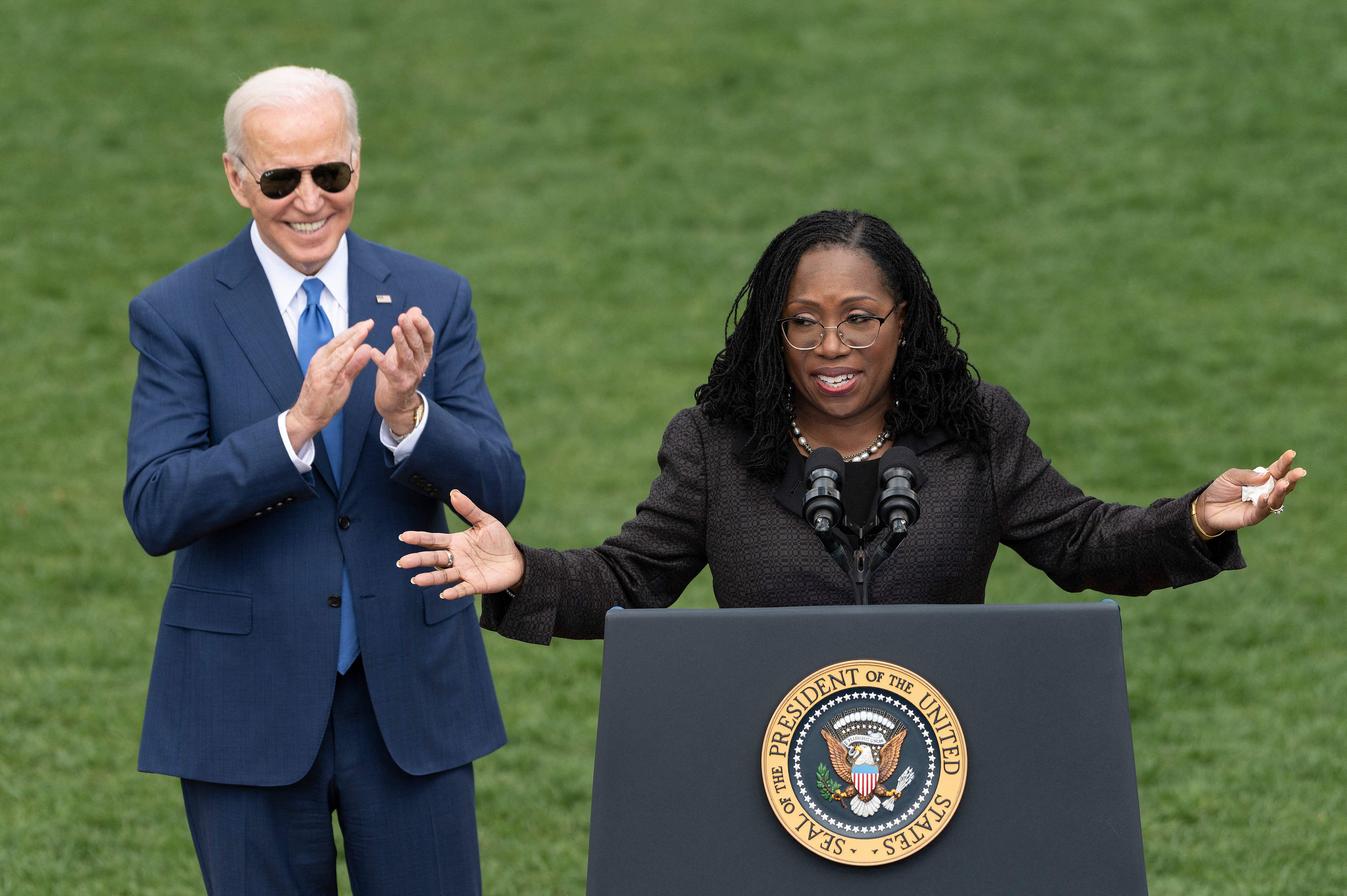
A federal judge in North Dakota blocked a Biden administration rule that allowed DACA recipients to sign up for health insurance through the Affordable Care Act.
In a ruling Monday, U.S. District Court Judge Dan Traynor sided with a group of 19 Republican state attorneys general who filed a lawsuit in August to prevent the rule from taking effect, saying it violates a law that prohibits giving public benefits to people without legal immigration status. Traynor was appointed by Trump during his first term in office.
People who received benefits from DACA, the Deferred Action for Childhood Arrivals program, began signing up for coverage under the Affordable Care Act, also known as Obamacare, at the start of open enrollment on Nov. 1. Coverage for those who signed up was expected to start as early as Jan. 1.
They had been barred from getting government-funded health insurance, meaning their only option was to get coverage through their jobs or state programs that offer it. Others went uninsured or relied on low cost or free care through community health clinics.
Get top local stories in Philly delivered to you every morning. >Sign up for NBC Philadelphia's News Headlines newsletter.
Kansas Attorney General Kris Kobach, who led the legal effort against the Biden administration, called it a “big win for the rule of law.”
“Congress never intended that illegal aliens should receive Obama care benefits,” he wrote in a post on X.
U.S. & World
Stories that affect your life across the U.S. and around the world.
DACA was an executive action signed by then-President Barack Obama in June 2012 that protected undocumented immigrants who came to the U.S. as children from deportation and gave them work authorization.
Drishti Pillai, director of immigrant health policy at KFF, a nonprofit group that researches health policy issues, said Monday’s ruling applies only to the 19 states that filed the lawsuit, leaving the Biden administration rule in effect elsewhere.
Those states are Alabama, Arkansas, Florida, Idaho, Indiana, Iowa, Kansas, Kentucky, Missouri, Montana, Nebraska, New Hampshire, North Dakota, Ohio, South Carolina, South Dakota, Tennessee, Texas and Virginia.
Still, the elimination of expanded coverage, Pillai said, could leave thousands of uninsured DACA recipients in those states without an affordable option. She added that it’s unlikely that the ruling will be appealed.
“Given that President-elect Trump tried to end DACA during his first term and his views on immigration more broadly, the Trump administration seems unlikely to appeal any ruling against DACA or the coverage expansion,” Pillai said.
In an interview with NBC News’ Kristen Welker that aired Sunday, Trump said he would work with Democrats on a deal that allows DACA recipients to stay in the U.S.
“I want to be able to work something out, and it should’ve been able to be worked out over the last three or four years and it never got worked out,” he said.
A spokesperson for the Department of Health and Human Services referred NBC News to a post on the Healthcare.gov that said the federal government was reviewing the decision and its impact.
This story first appeared on NBCNews.com. More from NBC News:



